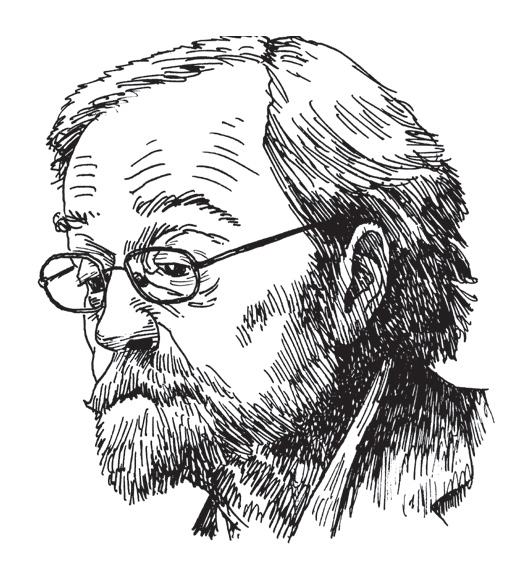Donald Hall wrote his first poem, “The End of All,” at age twelve, while under the spell of Edgar Allan Poe. Through the years his retelling of it has varied, but the gist is:
Have you ever thought / Of the nearness of death to you? / It follows you through the day, / It screams through the night / Until that moment when, / In monotones loud, / Death calls your name / Then, then comes the end of all.
You have reached your article limit
Sign up for a digital subscription and continue reading all new issues, plus our entire archives, for just $1.50/month.
Already a subscriber? Sign in





